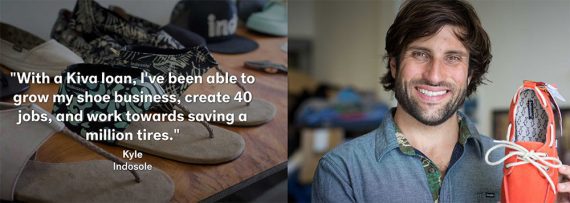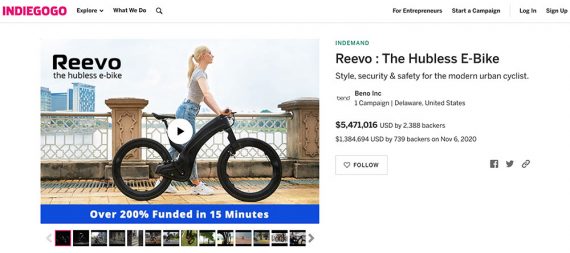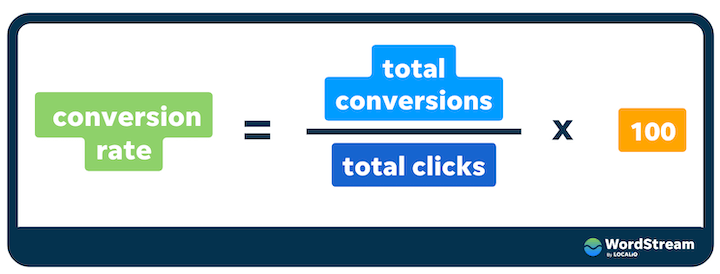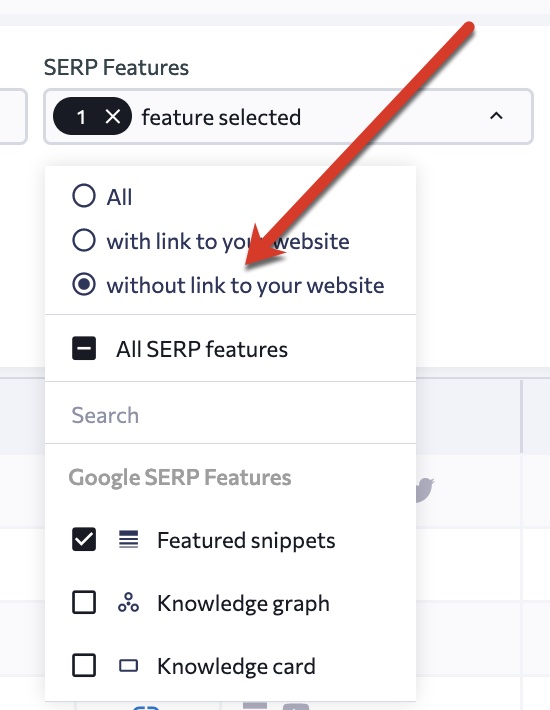Kickfurther describes these connections as consignment opportunities (co-ops) and separates what it does from other funding or crowdfunding options. Before describing these co-ops, it is worth mentioning some of the ways retailers, direct-to-consumer brands, and even consumer packaged goods companies acquire inventory.
Indosole is a featured business on the Kiva website. Kiva partners with institutions to provide interest-free, small business loans.
Kickfurther reviews businesses before allowing them to present their co-ops on the platform. Once approved, funding usually comes quickly. Kickfurther investors can support entrepreneurs and earn a return with consignment opportunities. Fractional investment starts at just .
Funding Inventory
As a retailer grows and its inventory levels increase, other forms of financing become available from services such as Kabbage, BlueVine, Clearco, OnDeck, or similar. These companies offer various forms of term loans and lines of credit that established businesses can access. For the most part, lenders in this category will evaluate a business based on credit history and historical and projected revenue and cash flow.
Although not-for-profit lenders such as Kiva are rare, they do exist. The Accion Opportunity Fund is another example of affordable financing.
For example, electric bike maker Reevo raised millions on Indiegogo, effectively selling pre-orders to customers who, in some cases, will wait a year or more to receive the bike.

Similarly, crowdfunding platforms connect businesses with backers.
Inventory consignment is not new. Consider the Winmark Corporation. The company owns several nationwide second-hand retail brands, including Play It Again Sports, Plato’s Closet, and Once Upon a Child. Each of these obtains inventory from retail consignment: Individuals drop off second-hand goods, and the stores pay those individuals when the product sells.
When it comes to funding inventory, retail businesses can be creative, using loans, credit cards, supplier terms, and even advances from family. Whatever the method, however, raising the money can be a challenge.
Crowdfunding Inventory
Airbnb, for example, doesn’t own rental properties; it simply connects folks who do with others who want a short-term rental. And Uber doesn’t own cars necessarily. Rather it connects folks who do with others who want a ride.

“Realistically, we look at the deal. If we like it, we’ll allocate cash to it…it is really fractional ownership in a sense,” Fox-Rabinovitz said.
“Every business needs to fund inventory before it gets the opportunity to earn revenue by selling it, and there is no single [funding] solution for all companies,” said Sean De Clercq, CEO of Kickfurther, a platform that connects investors with emerging brands.

Perhaps the least discussed option for funding inventory is consignment or even crowdfunding consignment.
Consigning Inventory
Reevo raised funds on the crowdfunding platform Indiegogo.
The investors inject money into a company that is both interesting to them and a sound investment. They profit from supporting a growing business that develops exciting new products. Outside of savings, bank loans, credit cards, and individual investors, businesses have alternatives for funding inventory.
Kickfurther applies this idea to ecommerce companies.
In a technical sense, “As investors, we take ownership in [inventory] and consign it to the company to sell on our behalf, and when they sell it, then the underlying cash gets distributed,” said Michael Fox-Rabinovitz, managing partner of Chartwell Capital and the author of “Own a Fraction, Earn a Fortune.” Fox-Rabinovitz invests through Kickfurther and also joined the CommerceCo community during the live interview.
For example, very small companies based in the United States can apply to Kiva for interest-free loans of up to ,000 and take as much as three years to pay.
Benefit to Investors
Indosole, a brand that sells shoes made from recycled tires, is one of many companies that has used Kiva for funding. Kiva partners with institutions to provide interest-free, small business loans. Kiva and its partners also provide non-financial support and resources to help businesses succeed.
But at least some investors don’t necessarily think about the Kickfurther co-ops in this way.
At the time of writing, recently funded co-ops included drink maker Greater Than and apparel brand House of Fluff.
“We’re specific to physical-product companies, which gives us the ability to look at things like production and distribution risk. Because we are very specific to that niche, we are also able to get our businesses funded for less,” said Kickfurther’s De Clercq during a live interview with the CommerceCo by Practical Ecommerce community on July 15, 2021.






